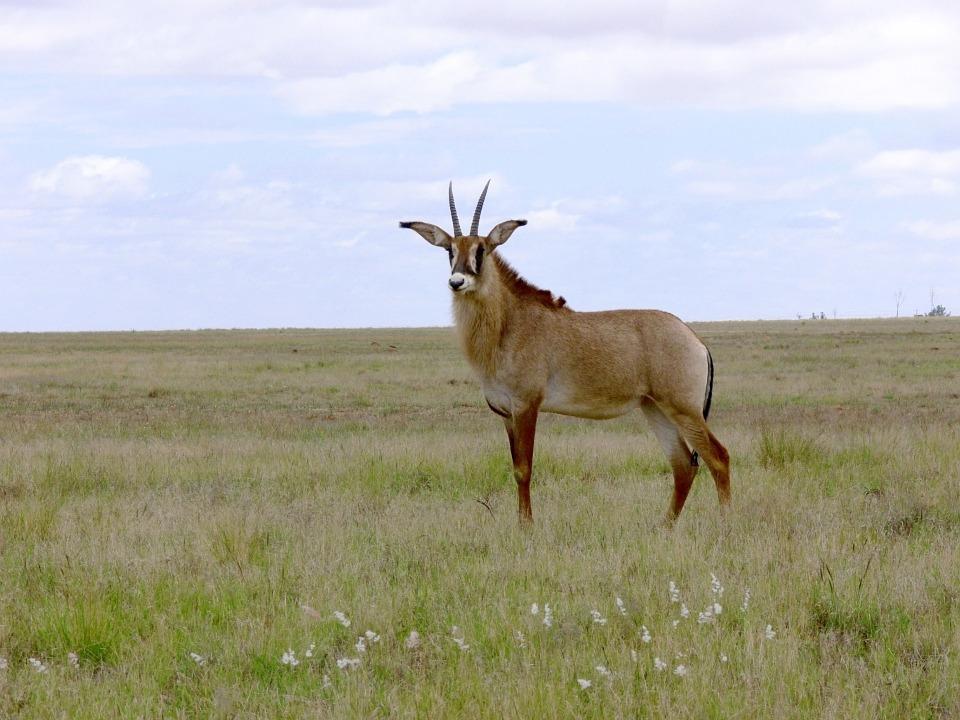The last retreat of Kenya’s near-extinct roan antelope
How poachers and habitat loss killed all but 12 of this once-common animal

Your support helps us to tell the story
From reproductive rights to climate change to Big Tech, The Independent is on the ground when the story is developing. Whether it's investigating the financials of Elon Musk's pro-Trump PAC or producing our latest documentary, 'The A Word', which shines a light on the American women fighting for reproductive rights, we know how important it is to parse out the facts from the messaging.
At such a critical moment in US history, we need reporters on the ground. Your donation allows us to keep sending journalists to speak to both sides of the story.
The Independent is trusted by Americans across the entire political spectrum. And unlike many other quality news outlets, we choose not to lock Americans out of our reporting and analysis with paywalls. We believe quality journalism should be available to everyone, paid for by those who can afford it.
Your support makes all the difference.By Dan Kaburu for K24 TV in Kenya
Scientists monitoring wildlife declines calculate that the roan antelope should be classified as of ‘Least Concern’. But in Kenya, numbers have dropped from hundreds to only a handful in one human generation.
Ruma National Park in the country’s west is their last retreat. Dan Kaburu visits to speak to locals who remember when these were commonly-sighted animals, and hears it is the illegal wildlife trade and poaching that has driven them to the very brink of extinction in Kenya.
Watch Dan’s full story here

This article is reproduced here as part of the Giants Club African Conservation Journalism Fellowships, a programme of the charity Space for Giants and supported by the majority shareholder of ESI Media, which includes independent.co.uk. It aims to expand the reach of conservation and environmental journalism in Africa, and bring more African voices into the international conservation debate.
Join our commenting forum
Join thought-provoking conversations, follow other Independent readers and see their replies
Comments